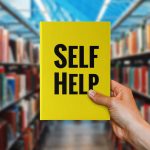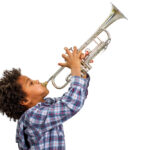
Nuria Gardia considers a scoping review on self‑management, self‑care, and self‑help strategies in adolescents with emotional problems.
[read the full story...]
Nuria Gardia considers a scoping review on self‑management, self‑care, and self‑help strategies in adolescents with emotional problems.
[read the full story...]
Sofiia Kornatska reviews a qualitative study on the importance of child-staff therapeutic relationship in the Children and Young People’s Secure Estate, which offers insights into the implementation of the SECURE STAIRS trauma-informed framework that has been commissioned by NHS England across these settings.
[read the full story...]
Jessica Bone critically considers a systematic review of community interventions for anxiety and depression in adults and young people, which suggests that more research is required targeting young people and specific community assets.
[read the full story...]
Ashlee Negrone summarises a systematic review and meta-analysis on omega-3 supplements for depression and anxiety in adults, and briefly introduces their Active Ingredients project on omega-3 for youth depression and anxiety.
[read the full story...]
Hilary Shepherd summarises a recent randomised controlled trial comparing music therapy to music listening for children with autism spectrum disorder.
[read the full story...]
Joff Jones summarises a recent systematic review, which looks at the evidence for a wide range of non-pharmacological treatments for ADHD. The review finds the strongest evidence for diet, child/parent training and behavioural interventions.
[read the full story...]